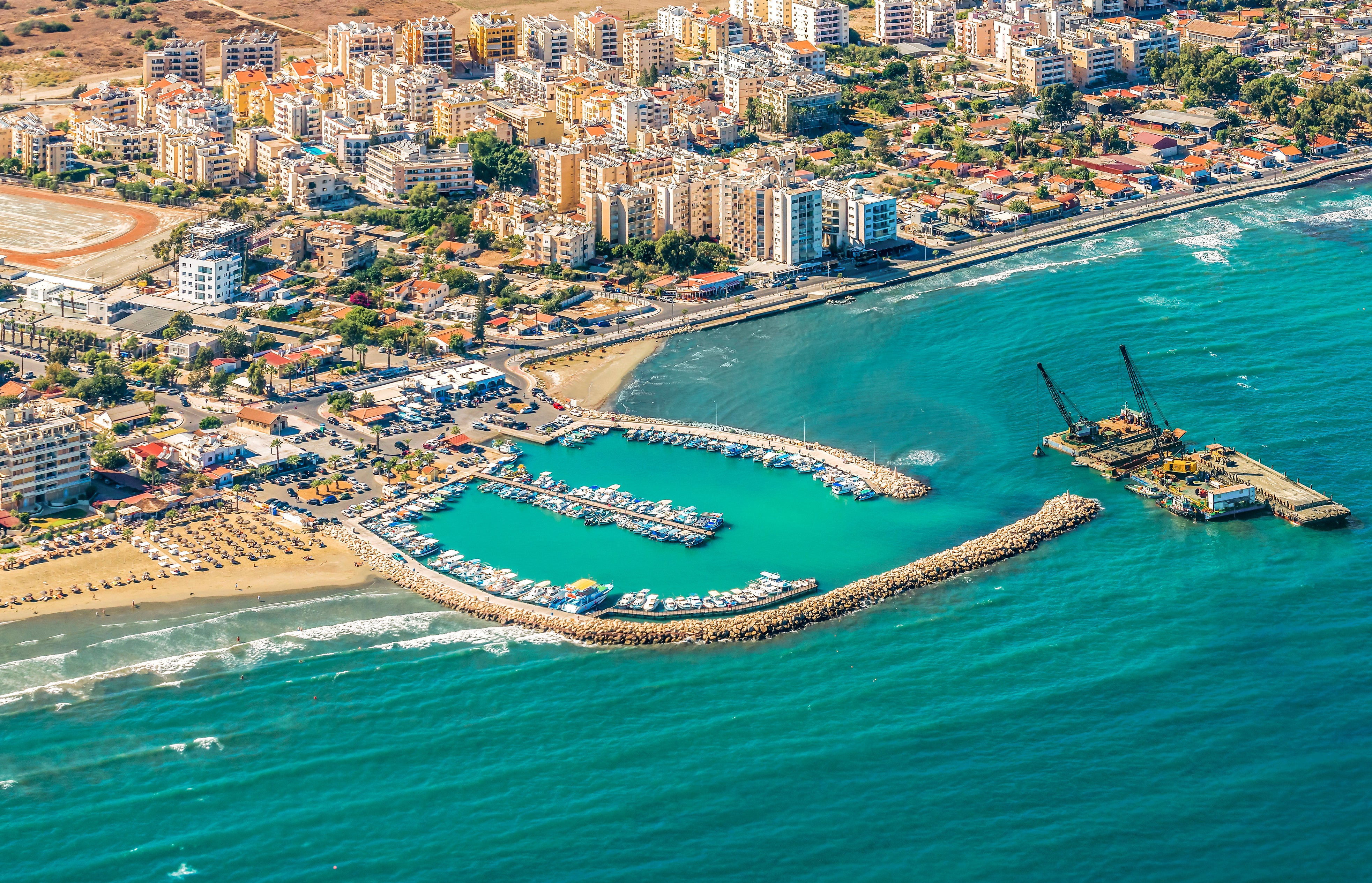Can we claim exchange rate rebate after yen dropped while we were in Japan?
Simon Calder answers your questions about pre-paid tour costs, how to get to Cyprus without flying, why the Channel fast ferry was axed, and the most affordable way of retrieving glasses from Athens


Q We’ve just returned from a trip to Japan on an organised tour. The company we went with said that the price had been determined at a rate of 140 Japanese yen to £1. In fact, while we were there the rate was 190 yen to the pound. Should we have been given a rebate because of the extra we paid?
Stephen S
A Exchange rate variations can be the bane of a holiday firm’s life – especially when the company is selling to British customers, who have become used to a steadily depreciating currency. Sterling’s rate against the dollar can be especially significant for holidays involving air travel because the price of jet fuel and aircraft leases is denominated in US dollars.
Local costs, though, are also significant, which is why travel firms will often list the prevailing rates on the day they priced the trip – or state a date so that customers can check for themselves. This is primarily done to allow them to increase the sterling price of the trip if the pound slumps in the interim. Travel firms can apply a surcharge if they can demonstrate their costs have risen by at least 2 per cent. Surcharges tend to be 8 per cent (any more than that and the customer has the option to cancel).
Yours is a relatively unusual case, whereby the operators’ costs may have fallen. It is not one covered in many travel firms’ terms and conditions. But the government says that if a company reserves the right to levy a surcharge, “the contract must also allow for a price reduction if the same factors lead to cost reductions for the organiser”.
In principle, then, you can claim back a proportion of the cost of your trip, and I urge you to do so. But I imagine the travel firm will counter such a claim by saying either it paid money upfront to suppliers at the earlier, unfavourable rate, or that it “hedges” its currency requirements, ie locks into specific exchange rates. If the latter excuse is cited, you could reasonably ask why the company reserves the right to increase its prices. However, I don’t think it is a discussion that will get you far.

Q I can’t fly due to a medical condition. Can I reach Cyprus by terrestrial means?
Name supplied
A Yes, if you are prepared for a long and fairly arduous journey. The flight distance from London to the main Cypriot airport, Larnaca, is just over 2,000 miles – about four-and-a-half hours in the air. Travelling terrestrially, the journey is likely to take a week – though I urge you to take much longer, if you can. You can turn the trip into an adventure and enjoy the many great places along the way.
The trip, as I shall describe, hinges on the reappearance this summer of the ferry link from Piraeus, the port for Athens, to both Limassol and Larnaca. All the signs are that it will resume in late May and run through to September again.
Assuming that it goes ahead, you need to get yourself to Athens. My recommendation is that you go for the Italian connection rather than going through the Balkans. Take a Eurostar train to Paris, and then connect for a high-speed, trans-Alpine service to Milan (if you prefer, you could opt for Turin, probably an even better city stop). From both Milan and Turin, direct high-speed trains take less than 10 hours to travel the length of Italy to the port city of Bari. You could alternatively travel overnight, in 14 hours from Milan, or organise an en-route stopover in Bologna.
Bari is worth exploring before your overnight ferry to Patras in Greece. You may notice that Igoumenitsa is a shorter ferry crossing, but it will involve a much longer bus journey to Athens. From Patras, a quick (and beautiful) 90-minute bus ride takes you along the south side of the Gulf of Corinth to the town of Kiato, where you transfer to a train that, if you wish, goes straight to Piraeus and the final leg of your journey. Once again, though, the chance to spend time in Athens should not be wasted.

Q I have been informed by Brittany Ferries that all of their high-speed routes to and from Cherbourg have been cancelled for the entire summer season. This is quite catastrophic news for a lot of us who have French adventures planned. Do you have any information on this?
Stacey
A For the past two summers, Brittany Ferries has chartered a fast ferry from Condor, the shipping line connecting the Channel Islands with the UK. The Condor Liberation trimaran added a total of 20 express sailings each season. She can carry 195 vehicles and 850 passengers at speeds of up to 39 knots (45mph), roughly twice as fast as conventional ferries.
The charter deal helped to boost capacity in the peak season and also enticed time-sensitive travellers away from Eurotunnel and Dover sailings, with crossing times on the western Channel to rival those to the east (as short as three hours between Portsmouth and Cherbourg).
Shortly before the start of the peak season, though, the planned summer 2024 arrangement has come to an end. Condor will be using the vessel solely for Channel Islands voyages. The change has dismayed travellers such as yourself. You will have paid handsomely for, and expected, a dash across the Channel rather than a leisurely cruise.
You are entitled to a full refund, but no doubt you have arrangements in place for an onward adventure and will wish to continue. It will be a more sedate journey, however.
A spokesperson for Brittany Ferries told me: “We are very sorry for this situation. However, all disrupted passengers have the option of travelling by conventional ferry, and we have plenty of those services to Cherbourg from Portsmouth and Poole, as well as other sailings to Caen and St Malo. It’s a six-hour ride instead of three hours, which we know is not ideal for everyone. But we will get everyone across the Channel.”

Q I left some glasses in an Athens hotel. The staff have found them, so it is now a matter of getting them home to London. What would you suggest?
“Hamlin”
A Your spectacles would comfortably fit in a small padded envelope. They have no commercial value, except to you. They are your property and no customs duties should apply. Yet as with so many aspects of travel, retrieving left-behind possessions is much trickier since the UK voted to leave the European Union and the government negotiated for us to be outside of the customs union.
The UK demands customs declarations, which is one reason why some small traders have given up on shipping to Great Britain. The minimum charge I can see for courier services that would get them from Athens to your home is £25. Ridiculously, this is £10 more than a one-way Ryanair flight from Athens to Luton on, for example, 24 April. One of the companies I searched for notes: “A Brexit surcharge of £4.50 has been added to this order.”
Crucially, Northern Ireland remains in the European Union for customs purposes (despite Boris Johnson’s promises to the contrary). I wonder if you have a friend or family member who lives there? If so, and if he or she is prepared to act as an intermediary, all the red tape falls away. The Consumer Council for Northern Ireland says: “There is free movement of goods between the EU and Northern Ireland. There are no declaration requirements for moving goods between Northern Ireland and the EU.”
Given this, it might be that the hotel is prepared to pop the glasses in the post to an address in Northern Ireland (a hassle-free task), in return for a promise that you will stay there on your next visit. Your Ulster contact can then post them on without a problem, because as the Consumer Council says: “There are no new requirements for consumers sending parcels from NI to GB.”
Failing that, and in the absence of anyone you know being in the Greek capital soon and able to pick them up, in your position I would be tempted to hop across for another break in the fine city of Athens for barely more than the cost of a courier.
Email your question to s@hols.tv or tweet @simoncalder






Join our commenting forum
Join thought-provoking conversations, follow other Independent readers and see their replies
Comments